Administrator
The Liberal International President, Dr Hakima el Haité, has shared the following message which we like to share with you all:
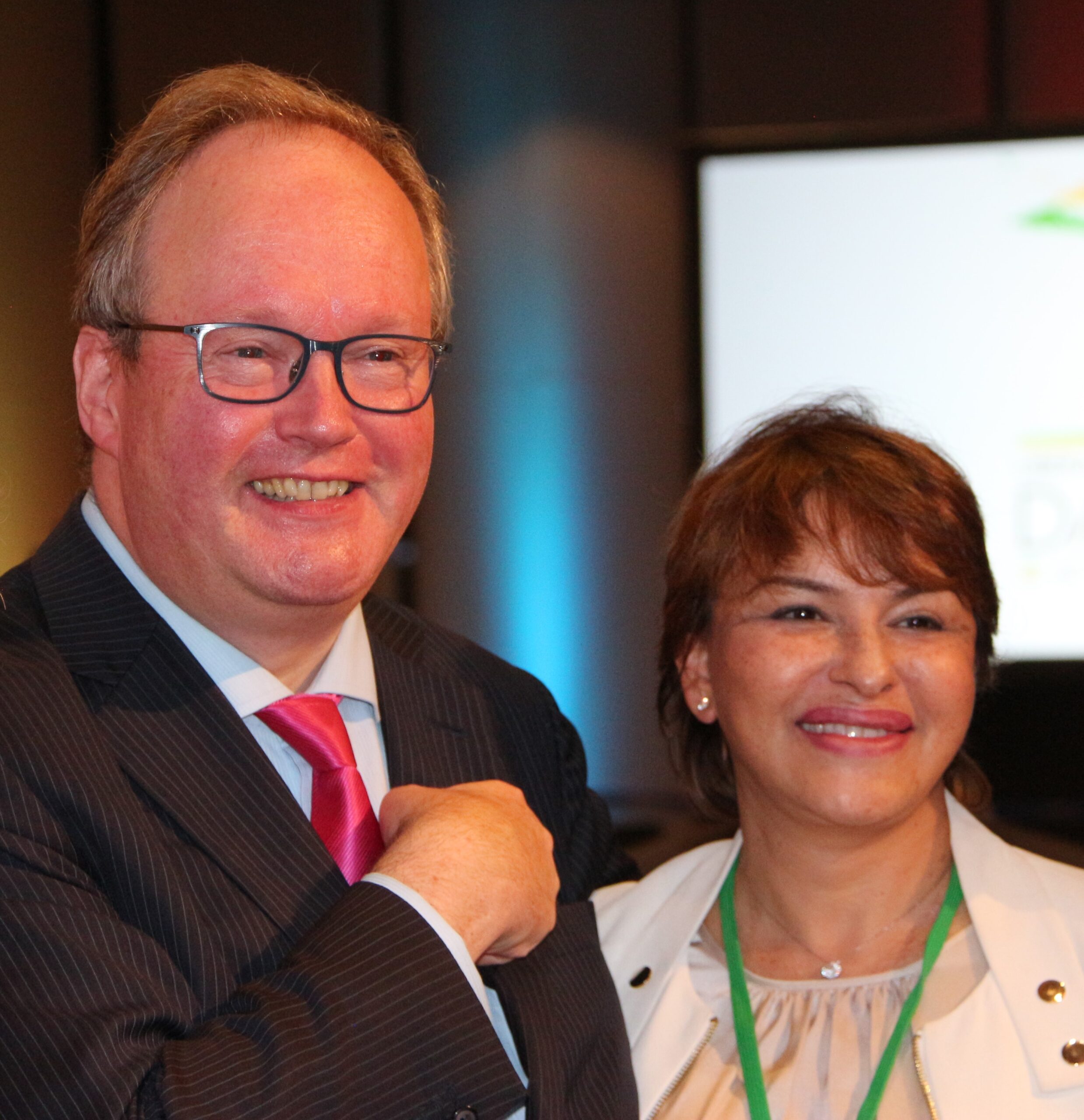
Today Hans van Baalen president of ALDE Party has passed away leaving behind a colossal legacy, hailed by the entire liberal political class.
A man who has dedicated his life to defending multilateralism, the union of Europe, human rights, states grounded in rights and based on equality.
He was more than a liberal politician, a righteous, inherently good man, a talented mediator who travelled the world to make his contribution to the building of peace.
He served in good health and continued to serve until the day before his death.
He died as a soldier.
Yesterday the 22nd of March was the World Water Day. Liberal International wants to commemorate this across the membership of LI. As such, the LI CJC identified me as a valuable stakeholder, observing Water Day from the perspective of women’s access to water.
The importance of gender equality and women’s empowerment, particularly women’s economic empowerment is at the core of International Network of Liberal Women’s mandate.
This means: Enhancing the role of women as drivers of poverty reduction, promoting female investors and entrepreneurs, and recognizing the link between gender equality and safeguarding the environmental promotion of inclusive and sustainable environment, water and sanitation, and directly contributing to SDG 6 on clean water, clean environment, innovation and infrastructure and to SDG 5 on gender equality.
Our INLW Board member, Ruth Richardson, has recorded a short one-minute video on the subject.
As a member of the LI CJC Climate Justice committee, a meeting took place today, I was one of the attendees of our first zoom meeting of 2021.
This meeting was about CCJ Introduction and a setting of the next meeting
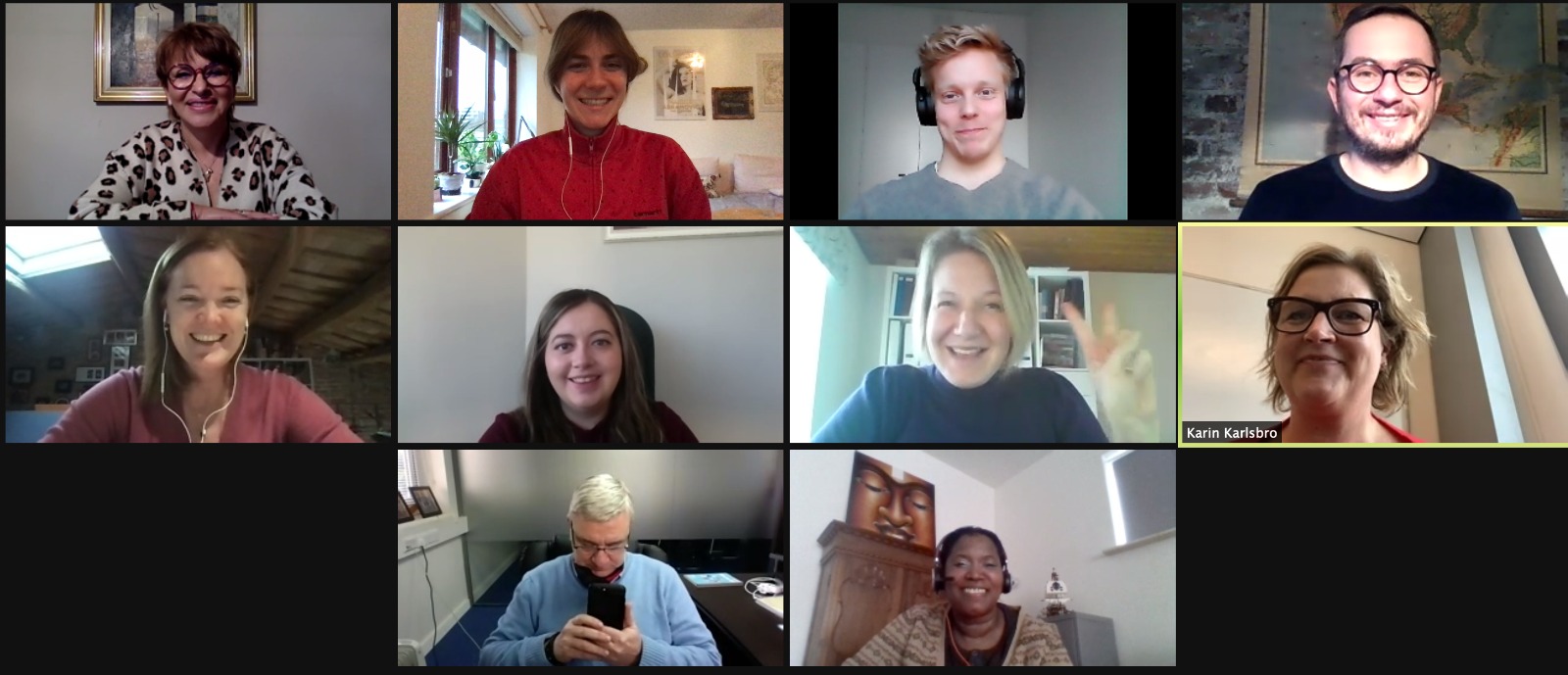
The Climate Justice Committee of LI has started this year in full swing. Having appointed our new Head of policy and programs, the work of the committee is expected to be fully reinstalled in 2021.
Mrs. Hakima made a general statement about the work for Climate Justice Committee and the importance of building our network and work.
In the meantime we will be focusing on the coming COP26 congress by preparing documents and policies for the COP26 and we will publish more of our work and show it to the rest of the members within LI and last but not least we will be inviting Key members to our CJC meetings.
The new leaders of CJC are Steven Lunares and Suzanne Rivero Baughman
With the first meeting scheduled for February, the committee will aim to meet once every two months.
Stay tuned for more substantial updates on our work!
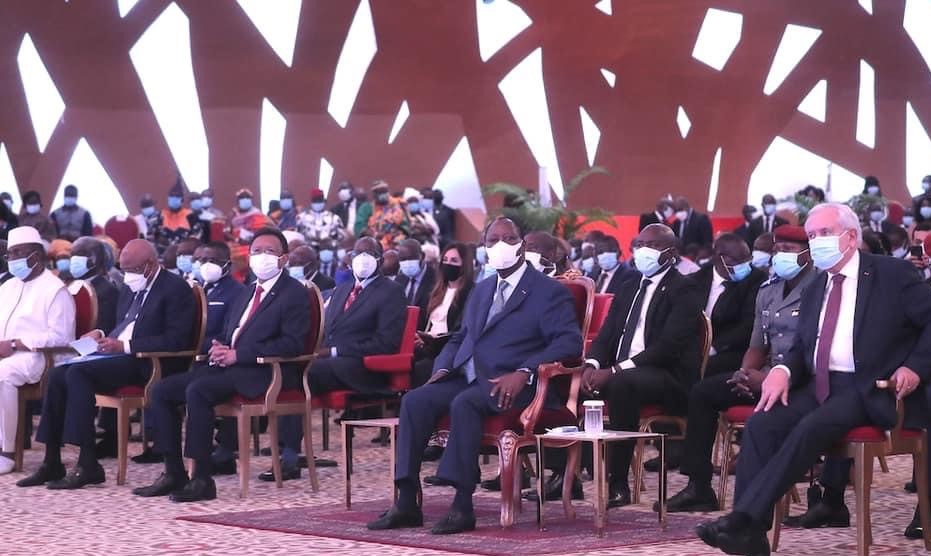
Khadija Oum Bachair EL MORABIT was so honored as the Deputy President of INLW to assist at the Inauguration Ceremony of the Political Training Institute Amadou Gon Coulibaly in Ivory Coast on the 8th January 2021. She was there in the pesence of His Excellency the President of the Republic of Ivory Coast Mr Alassan Ouattara.
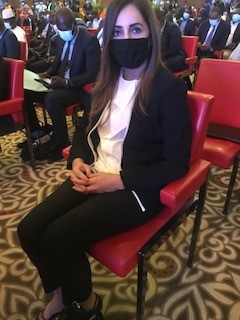
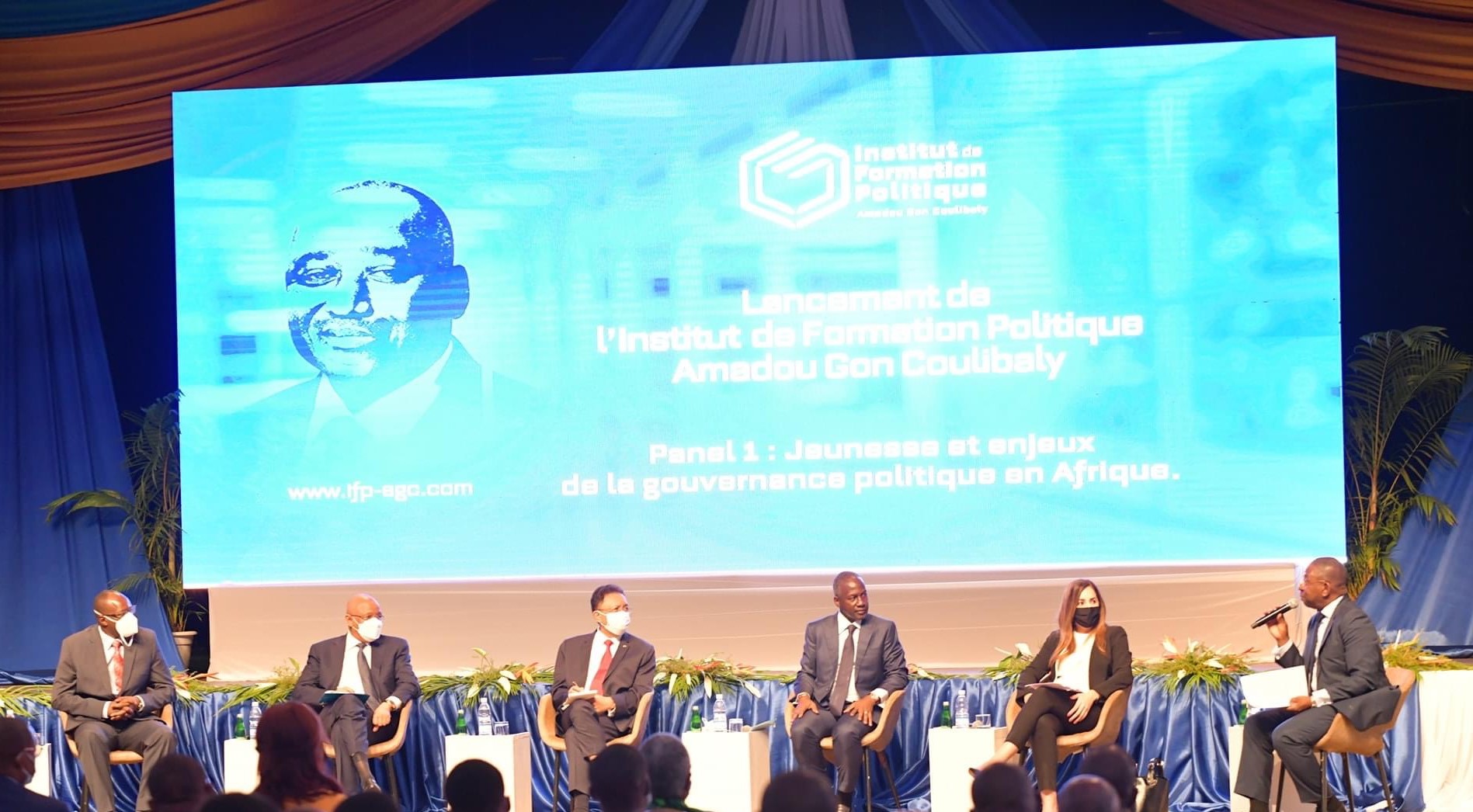
She also had the privilege to participate at a high level panel amongst distinguished guests including the Former President of the Republic of Madagascar, the Former Prime Minister of Mali, the President of the African Liberal Network , the Executive Director of RHDP political party and the CEO of Africa 24 TV, about Youth and Political Governance Challenges in Africa.
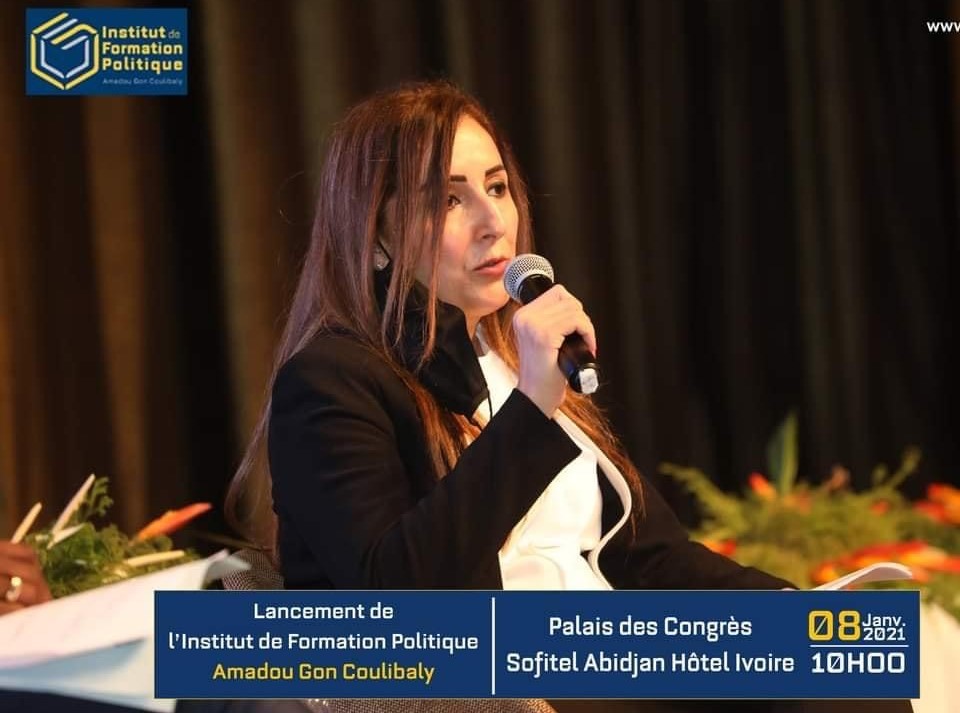
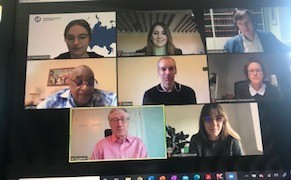
On the 15th of January, she had her first zoom meeting as a member of the Liberal International Fair Trade Working Group (FTWG), as per the attached photo!

The International Network of Liberal Women (INLW) opened its Asia-Pacific Chapter, the Asia-Pacific Liberal Women Association (APLWA), at the Howard Plaza Hotel in Taipei on the afternoon of October 24, 2020. The launch attracted an audience of nearly 200 people interested in human rights and women’s issues. Speakers at the inaugural board meeting included association president Maysing Yang and former Vice President Annette Lu, while incumbent Vice President Lai Ching-te addressed the celebratory evening gala. In addition, heavyweight friends from overseas such as Hans van Baalen, president of the Alliance of Liberals and Democrats for Europe Party and Liberal International president of honor, former INLW president Margaret de Vos Van Steenwijk, and INLW North Africa Chapter founder Ms Khadija Oum Bachair El Morabit sent congratulatory video messages to join the celebration of the opening of the INLW Asia-Pacific Chapter.

The roots of the APLWA go back to July 2018, when Liberal International president Dr. Juli Minoves-Triquell and then INLW president Margaret de Vos Van Steenwijk visited Taiwan to sign a joint “Vision Statement on the Declaration to Establish an INLW Asia-Pacific Chapter” with then INLW vice-president Maysing Yang, which formerly launched preparations for the APLWA. After two years of work, a preparatory committee was formed in May of this year 2020), and started making relevant plans. As the INLW Asia-Pacific Chapter, in addition to fulfilling the headquarters’ mission and vision, APLWA will “elevate
Continue reading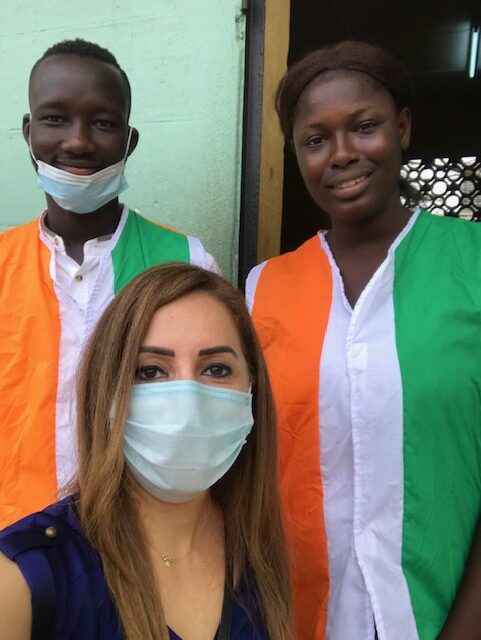
Khadija Oum Bachair EL MORABIT, Deputy President of the International Network of Liberal Women (INLW) and the Founder of INLW Morocco Chapter, has participated amongst a group of high-level political representatives from Africa and Europe, including parliamentarians, former government representatives and current political leaders, organised in an independent international observation mission of Democrats and Liberals, part of an International Visitors Programme for the Presidential Elections in Cote d’Ivoire / Ivory Coast from 29 October 2020 to 01 November 2020. Following is her report on the Presidential Elections Ivory Coast 31 October 2020.
Continue reading
On Tuesday June 9th, 2020, I participated (Ruth A. Richardson/Board member INLW) in a webinar of UNFCCC: United Nations Framework Convention on Climate Change on:
“Reducing Risk for Women with Disabilities:
Ways Forward for the Covid-19 Response”
COVID-19 has exacerbated the challenges faced by persons with disabilities and especially women.
Recent evidence has demonstrated an increase in violence, inaccessibility of health services, food insecurity and unavailability of support services for women with disabilities.
The Webinar brought together global leaders on disabilities issues to initiate a discourse on identifying the gaps in the Covid-19 response and identifying ways to reduce the risks for women with disabilities.

Conclusion:
We need to take more action for people and especially women with disabilities. We also need to do more research on possibilities for alternative work and jobs such as in technology and domestic areas, because a lot of the domestic workers are mostly women.
We need to do more on Social protection and services, because they can give essential services for persons with disabilities.
The webinar has realized the consequences of women with disabilities is to meet this life-threatening situation, it is critical to recognize the risks faced and gaps in the response system. Besides removing barriers to health through accommodative measures, states need to provide social protection that enables independent living and end targeted gender-based violence.
A number of global leaders and members of the UNFCCC are going to investigate about women with disabilities.
Next month the webinar will come together to talk about the outcomes about women with disabilities.
Ruth A. Richardson
INLW Board member
On December 10th, 2019 Ruth Richardson attended the human rights award ceremony held in Utrecht, the Netherlands.
We are doing well in the Netherlands. But human rights are still often under pressure. Every day many people are committed to the human rights of others. Often without knowing it and naming it that way. This commitment is of great importance and we want to support it.
That is why on December 10th, International Human Rights Day, we assign the title Human Rights Person to a person or organization that has made a special commitment to human rights in the Netherlands. This year the prize was dedicated to preventing and combating violence against women.
During the panel discussion a few organizations were talking about violence against women and girls, on the streets, at home, school and online. Women, men, girls and boys are facing sexual harassment. Also, there is violence against women in an independent situation. That is why several organizations are calling for: “Stop violence against women and girls”. It is also important for children to be told more about the subject of violence, being more gender transformative, emancipation and raising gender standards.
Everyone has the right to live free from violence and discrimination. Time and again it appears that women are disproportionately often confronted with violence. This can involve sexual, physical or psychological violence. At home, on the street or online. By a (former) partner, family member or unknown person. This has serious consequences and affects both the women and society. This requires a firm approach to the problem and its causes.
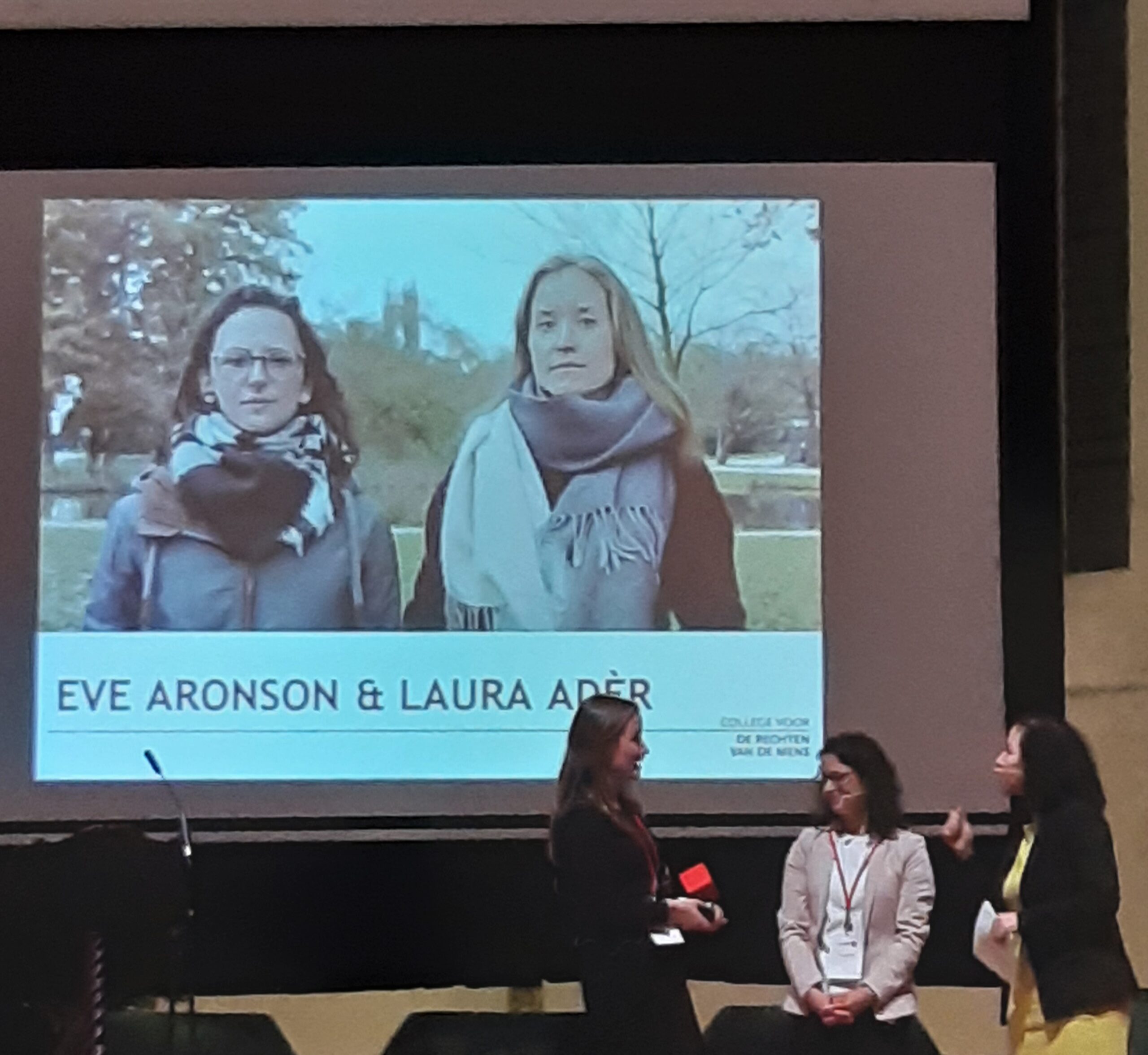
The Human rights prize 2019 went to:
Fairspace:
The founders of Fairspace, Laura Adèr and Eve Aronson, won the Human Rights Human Price 2019 for their commitment tackling violence against women in public spaces. The Netherlands Institute for Human Rights (SIM) presents the prize annually on December 10th: the international day of human rights.
Hameeda Lakho:
Hameeda Lakho has been nominated for her commitment to the victims of domestic violence. She is the initiator of the Academy for recovery and experiential expertise, a movement for and with fellow sufferers. Lakho was able to turn traumatic experiences from her youth into power for the worldwide victims of domestic violence and child abuse. With her work she contributes to the awareness about domestic violence and the empowerment of women. Hameeda Lakho: “I offer fellow sufferers’ recognition. It is so important that there is open talk about what happened, about its illegality. Society must know what a long agony it can be to recover. Fellow contact helps women to tolerate what has happened to them.”
Hameeda later added: “violence against women and girls starts with your family from years back and that goes on to the generation that comes into family. Where she thought to break this by writing a book, giving lectures and advising women to give the lesson to their children to read about violence, it is very bad and should not happen in families. We must love ourselves, our children and generations who are acknowledged.”
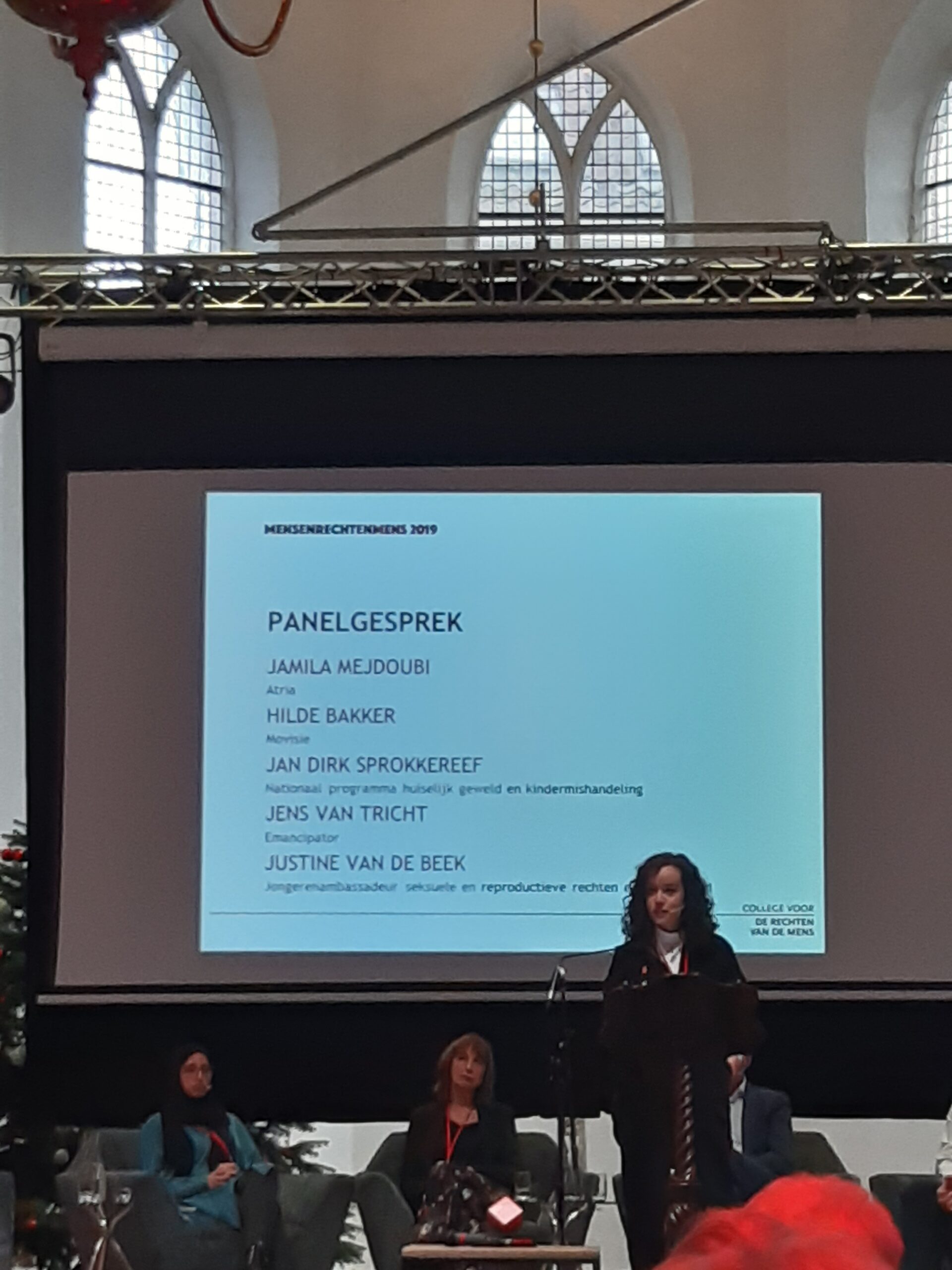
Jens van Tricht:
Jens van Tricht, who was also nominated, is the founder of Emancipator. He is convinced that combating violence against women is only possible if we focus on the causes: boys, men and masculinity. His work is important for raising awareness about the role of men in combating violence against women. With his workshops, lectures, debates and training weekends, he knows how to make boys and men enthusiastic about acting against violence against women. Jens van Tricht: “If men don’t stop beating, violence won’t stop. We must acknowledge that violence and masculinity are connected in a problematic way. All kinds of messages that boys and men receive mean that we would rather see them as perpetrators than as victims. They have a world to win if they can let go of the straitjacket of masculinity.”
I was very glad to be present to hear what we are going to do to stop violence against women and girls, but also against men and boys. And to meet interesting people who are also working hard to stop violence against women and girls.
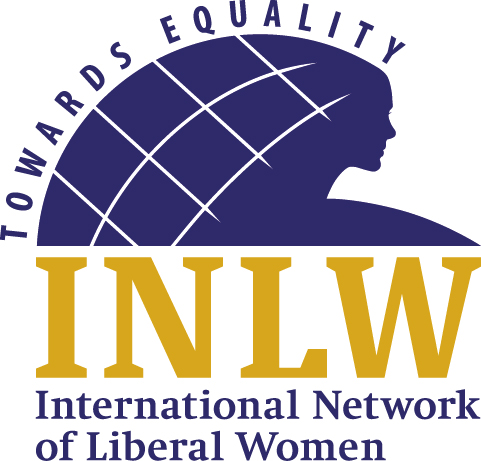
 Visit our Facebook page
Visit our Facebook page